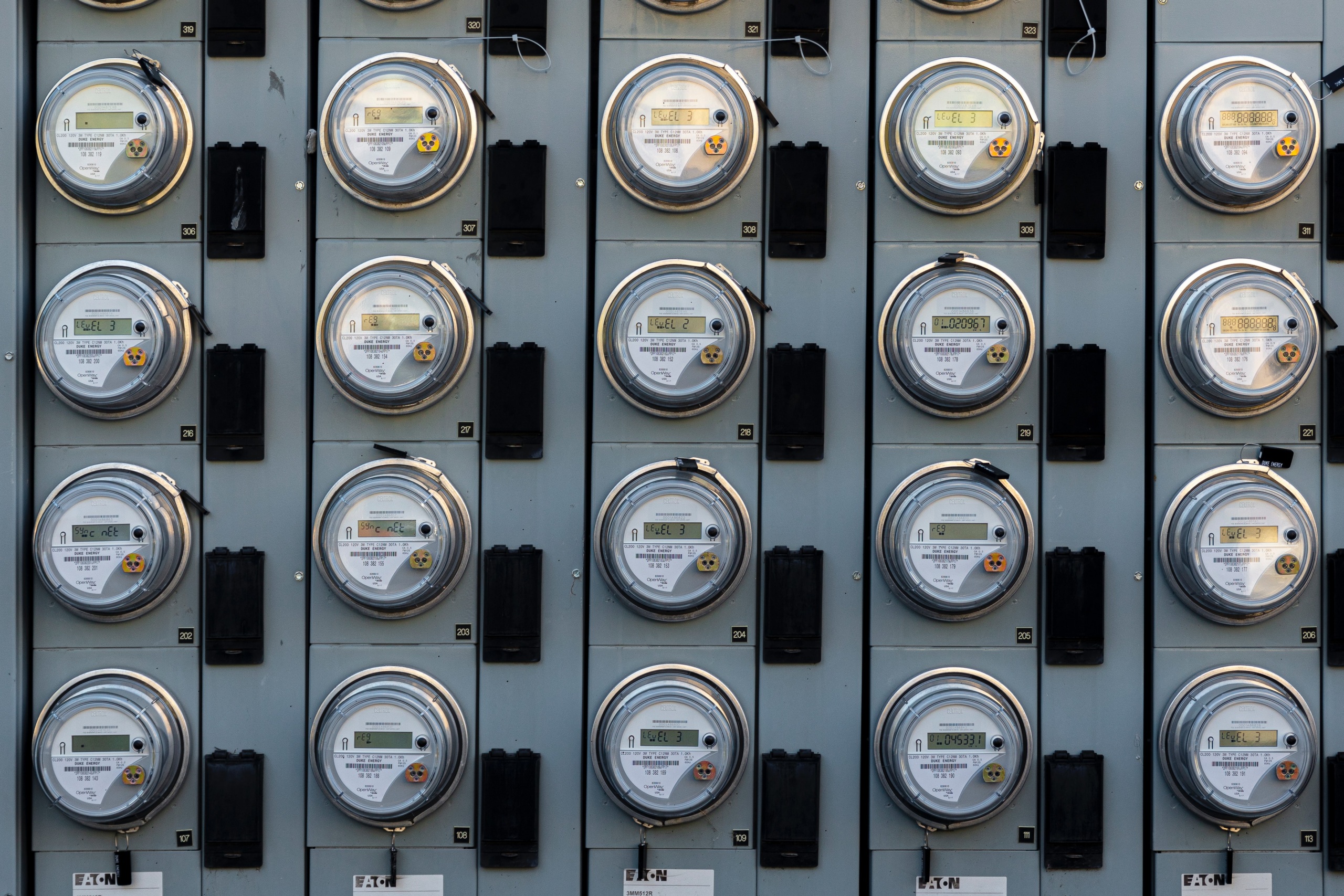
Utility Work Ahead
Maryland adopted the EmPOWER Maryland Act in 2008, establishing clear energy efficiency goals for the state. However, the state is not on track to achieve all of these goals. While utilities are planning to cut power use at peak times, they have failed to propose adequate energy efficiency programs. As a result, Maryland is likely to fall roughly 25 percent short of the energy savings promised under the EmPOWER Maryland Act. Maryland’s utilities must do more to deliver the benefits of energy efficiency to Marylanders. The Public Service Commission needs to make sure that utilities are doing their part to make Maryland more energy efficient.
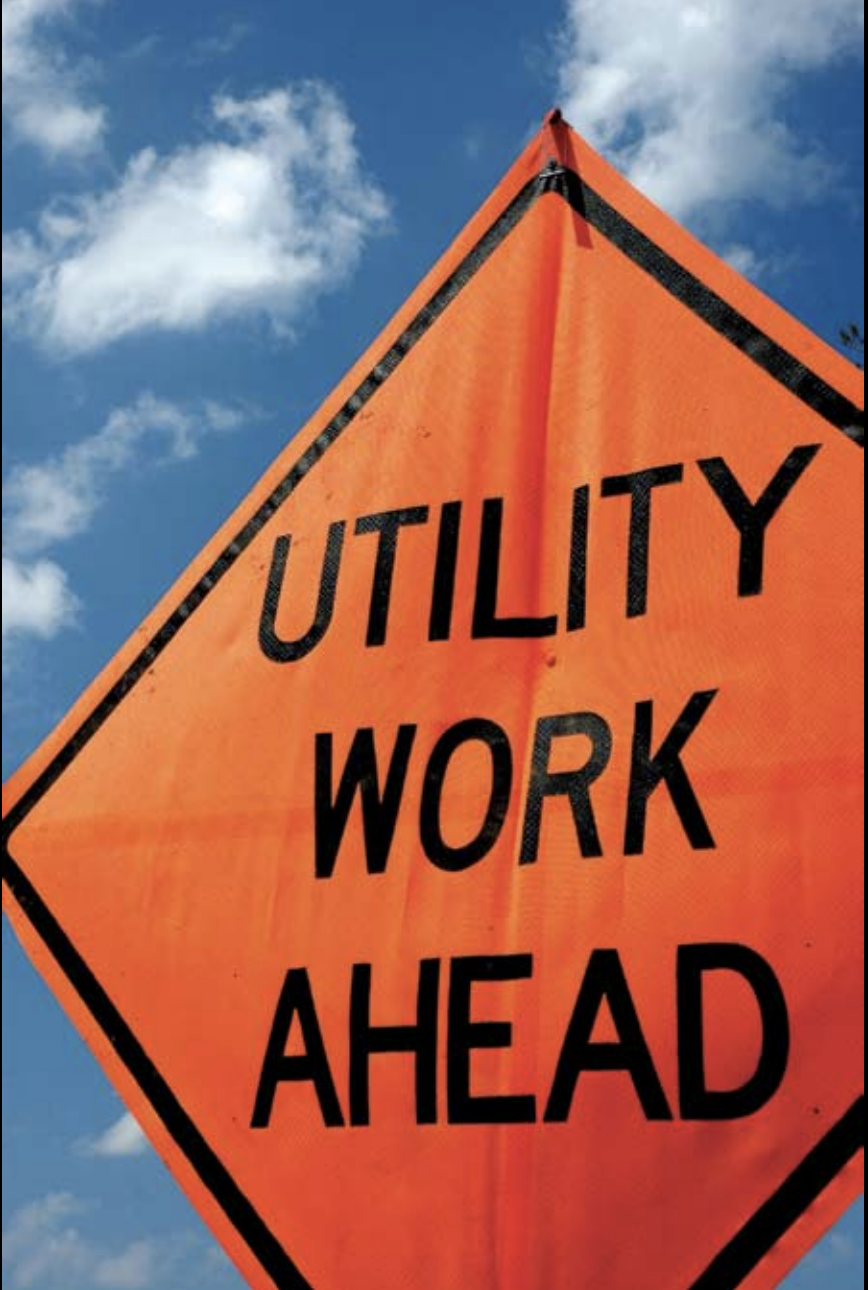
Downloads
Energy efficiency lowers energy bills, makes electricity service more reliable, and helps protect public health. Recognizing these benefits, Maryland adopted the EmPOWER Maryland Act in 2008, establishing clear energy efficiency goals for the state.
However, Maryland is not on track to achieve all of these goals. While utilities are planning to cut power use at peak times according to state goals, they have failed to propose adequate energy efficiency programs. As a result, Maryland is likely to fall roughly 25 percent short of the energy savings promised under the EmPOWER Maryland Act.
Maryland’s utilities must do more to deliver the benefits of energy efficiency to Marylanders. The Public Service Commission needs to make sure that utilities are doing their part to make Maryland more energy efficient.
Maryland uses vast amounts of electricity, forcing Marylanders to spend millions of dollars on high power bills. High consumption also increases the public health impacts of energy use.
- Marylanders used 4,710 kilowatt-hours of electricity per person in 2009, 18 percent more than in 1990.
- Power prices have soared since Maryland restructured its electricity industry. In 1999, the average residential customer paid $1,250 a year for electricity; by 2008 the average bill had increased more than 30 percent to $1,650. Commercial customers experienced an even larger increase.
- Electricity generated for Marylanders produced nearly 46 million metric tons of global warming pollutants in 2005, or 42 percent of the state’s total emissions.
By using energy more wisely, Marylanders can cut their electricity consumption, save money, boost the state’s economy and reduce the environmental impacts of electricity generation. Meeting the goals of the EmPOWER Maryland Act could:
- Save consumers and businesses $861 million annually by 2015;
- Add 8,000 new jobs in the state by 2015; and
- Reduce carbon dioxide emissions from Maryland power plants by nearly 7 million metric tons in 2015.
If the state is to achieve the goals of the EmPOWER Maryland Act and reap the benefits of energy efficiency, utilities must develop strong programs.
- Recognizing the benefits of efficiency, the EmPOWER Maryland Act calls for a 15 percent reduction in per capita electricity consumption by 2015 and a 15 percent cut in per capita peak demand for electricity.
- The act calls on utilities to achieve two-thirds of the overall electricity savings, with state government responsible for the remaining third. Utilities must reduce per capita electricity consumption 5 percent by 2011 and 10 percent by 2015. Utilities are responsible for 100 percent of the goal for peak demand savings.
Maryland’s utilities have only partially risen to the challenge. The plans designed by the utilities will exceed the peak demand goal in both 2011 and 2015, and will save money for consumers. However, total projected energy savings fall short and utilities are not on track to achieve even those projected savings.
- Though Baltimore Gas and Electric drew praise from the PSC for some of the innovative and cost-effective programs it proposed, its overall plan is inadequate. If BGE achieves all the savings it projects, the utility will reach only 52 percent of its efficiency goal for 2011. Its programs are more successful at cutting peak demand and BGE is projected to exceed its goals in both 2011 and 2015. BGE launched all its programs in 2009, but obtained small savings.
- Pepco expects to achieve just 71 percent of its energy efficiency goal in 2011, with savings declining by 2015. In 2009, Pepco had started only one of its residential programs and none of its non-residential programs.
- Because Delmarva has the same parent company as Pepco, Delmarva’s efficiency programs are essentially the same as Pepco’s, but it achieves slightly lower savings because it didn’t adequately tailor the programs to its different customer base. Delmarva’s implementation effort is just as poor as Pepco’s.
- In contrast to the other utilities, Allegheny Power has drafted a plan that comes quite close to achieving its EmPOWER Maryland goals for reducing total energy consumption. In 2011, Allegheny Power expects to achieve 90 percent of its overall electricity savings goal. However, Allegheny Power’s implementation of programs has been very slow, producing almost no savings in 2009.
- Though SMECO did more than other utilities to maintain energy efficiency programs after Maryland deregulated its electricity market, the utility has not developed a strong plan for meeting its EmPOWER Maryland goals. SMECO expects to achieve 73 percent of its electricity savings goal in 2011, but only 65 percent in 2015. SMECO waited until 2010 to launch most of its programs.
The good news is that all the programs that the utilities plan to offer will provide net savings for Maryland consumers.
- Pepco’s programs will produce $3.73 worth of benefit for every $1 invested in energy efficiency. Allegheny Power’s programs return the smallest net benefit but still substantial savings of $1.60 for every $1 invested.
- Program benefits can also be measured in terms of the cost of energy saved through efficiency versus energy that would have to be purchased. While residential customers must pay an average of 12 cents for a kilowatt-hour of electricity, efficiency investments cost just 2.6 to 3.5 cents per kilowatt-hour.
If utilities fail to meet their share of the EmPOWER Maryland targets, it will be near impossible for the state to meet the energy efficiency goals of the act. Assuming that the state meets it share of the EmPOWER Maryland targets (which is unlikely, given that the state has diverted energy efficiency funds to direct bill assistance) and that utilities achieve the savings they expect with the programs they have currently designed, in 2015 Maryland will be 25 percent short of meeting the EmPOWER Maryland energy savings goal.
Even though demand for electricity has declined in recent years as rates have risen and the economy slowed, Maryland’s problems with electricity consumption remain. As the economy picks back up, the state will face difficult and expensive choices of how to meet its growing demand for power. Investing in efficiency can help Maryland avoid spending billions on new transmission lines or new generation capacity.
The state still has time to get back on track to meet the goals of EmPOWER Maryland. Energy efficiency programs can be implemented quickly, and the first benchmarks in the EmPOWER Maryland Act are set for 2011. To achieve the goals of EmPOWER Maryland, the following must occur:
- The Public Service Commission (PSC) must hold the electric utilities accountable to ensure they do their part to make Maryland more energy efficient.
- Utilities must revise their efficiency programs to achieve greater savings.
- Utilities need to promptly implement their existing plans.
- The Public Service Commission should acknowledge all the benefits of energy efficiency. Though the PSC says it does not use any single test of cost effectiveness, it appears to rely most heavily on the relatively narrow “total resource cost test” instead of a broader measure of cost-effectiveness that would allow the state to capture more of its energy efficiency potential.
- Maryland needs to strengthen its commitment to other energy efficiency efforts.
- The Governor and the General Assembly have diverted funds intended for energy efficiency improvements to paying the bills of low-income consumers. While this eases the immediate burden of high utility bills for those customers, their bills will be just as high next year because their homes will continue to be inefficient to heat. Energy efficiency funding needs to be restored to provide a long-term solution to high energy bills.
- In addition, the state should improve enforcement of building codes, strengthen appliance efficiency standards, offer stronger incentives for efficiency, and increase investment in energy efficiency-related research and development.
Topics
Authors
Elizabeth Ridlington
Associate Director and Senior Policy Analyst, Frontier Group
Elizabeth Ridlington is associate director and senior policy analyst with Frontier Group. She focuses primarily on global warming, toxics, health care and clean vehicles, and has written dozens of reports on these and other subjects. Elizabeth graduated with honors from Harvard with a degree in government. She joined Frontier Group in 2002. She lives in Northern California with her son.
Rob Kerth
Policy Analyst
Find Out More
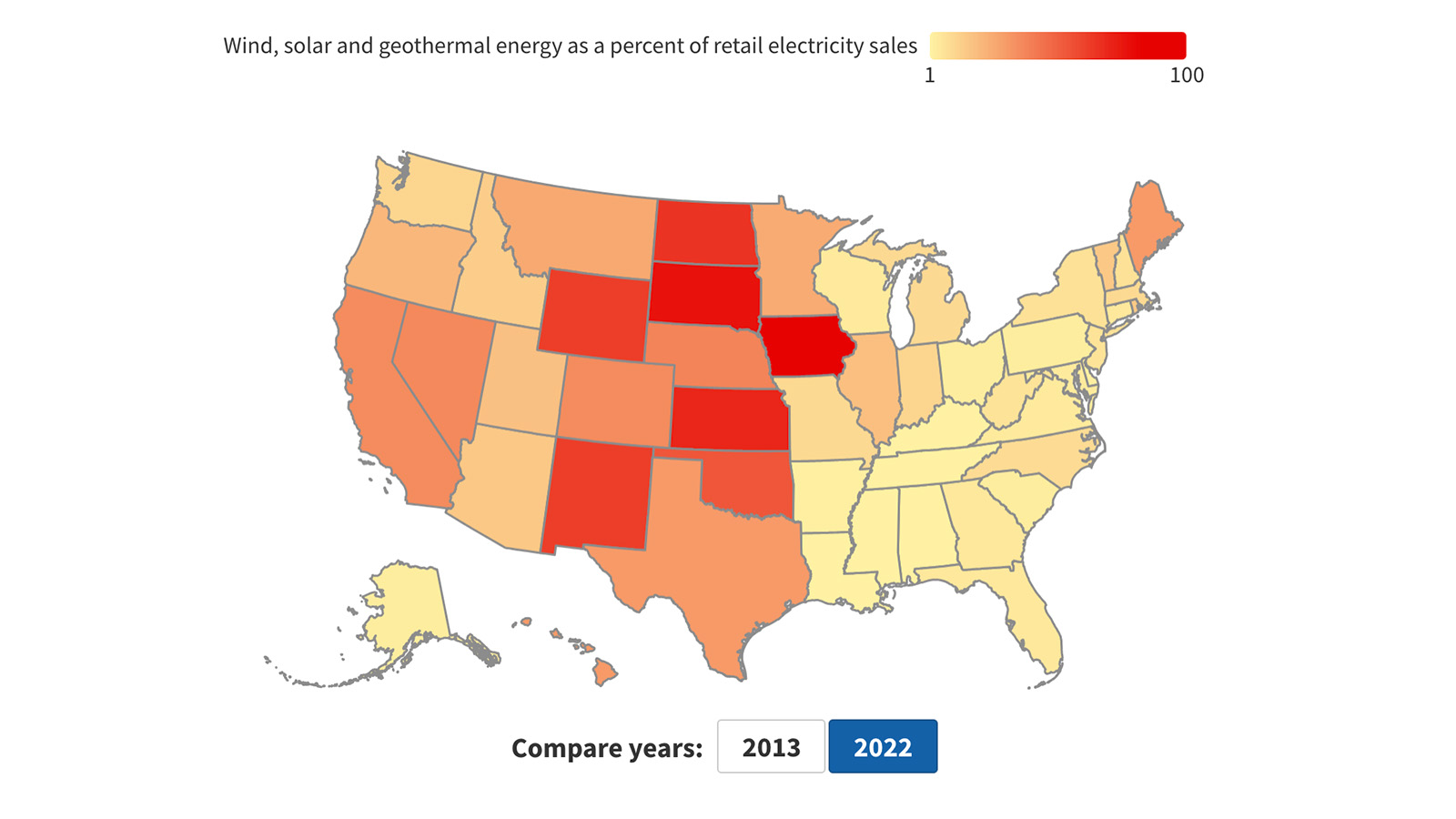
Renewables On The Rise Dashboard
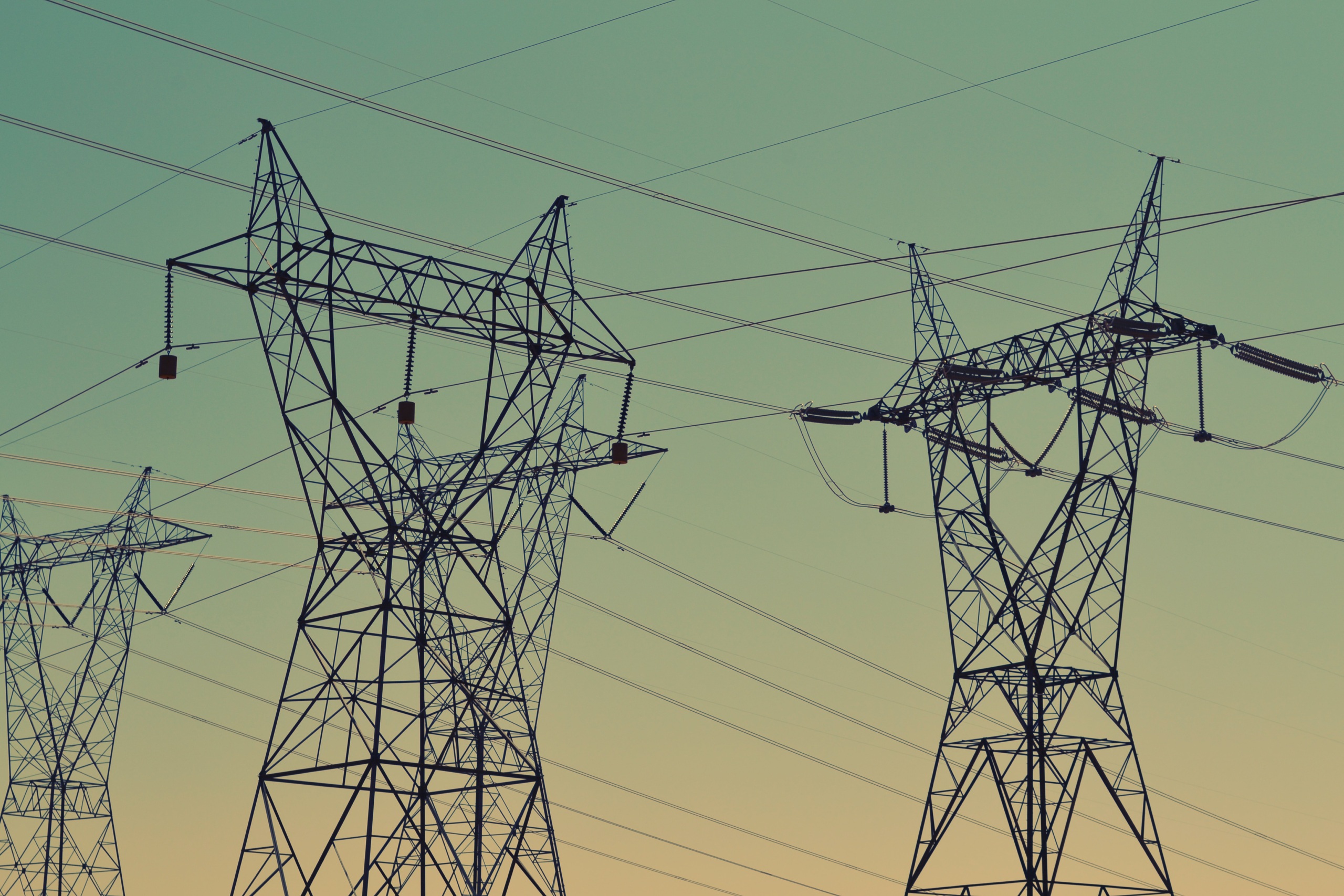
Fact file: Computing is using more energy than ever.
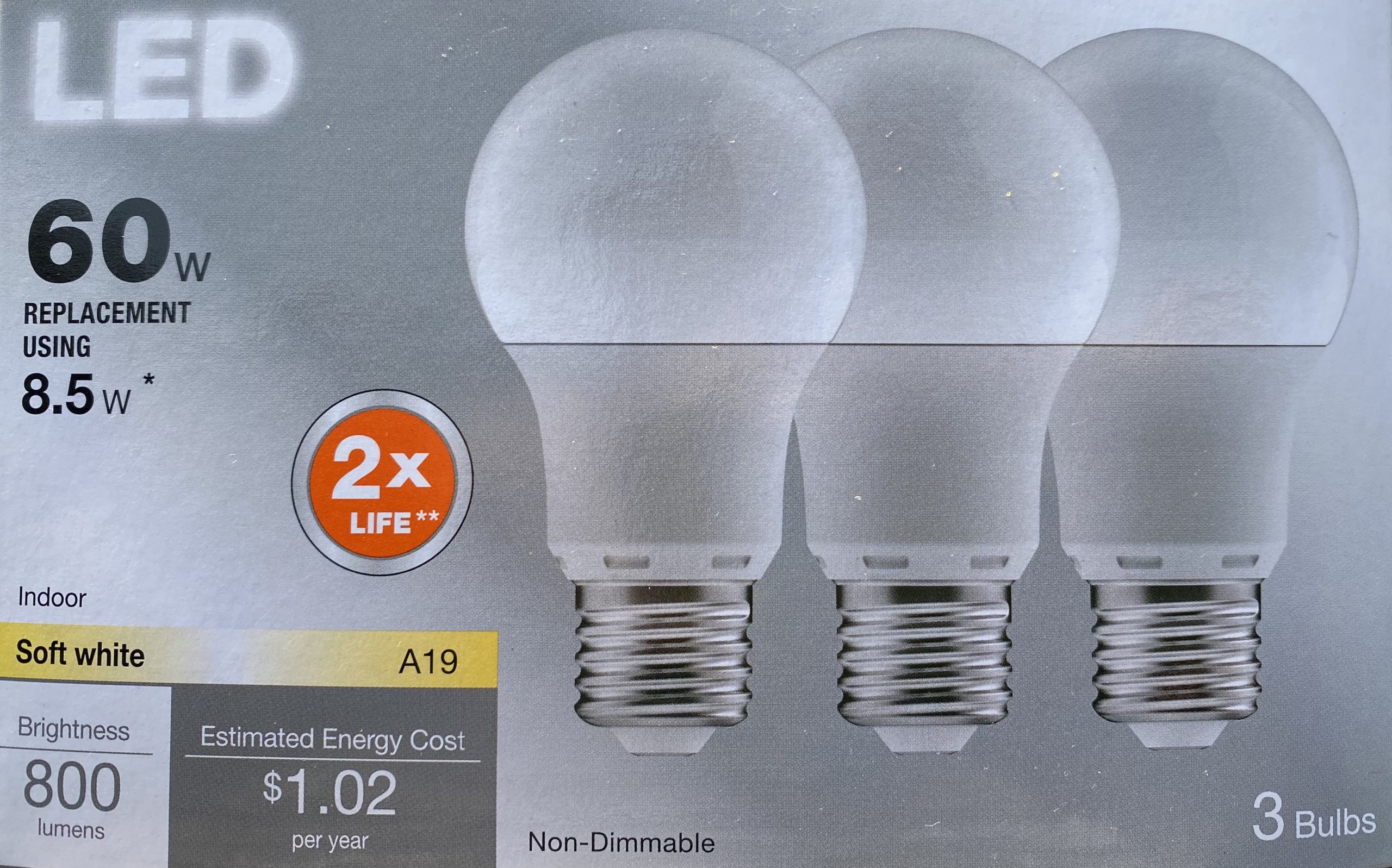
Buying LED bulbs: What to look for
